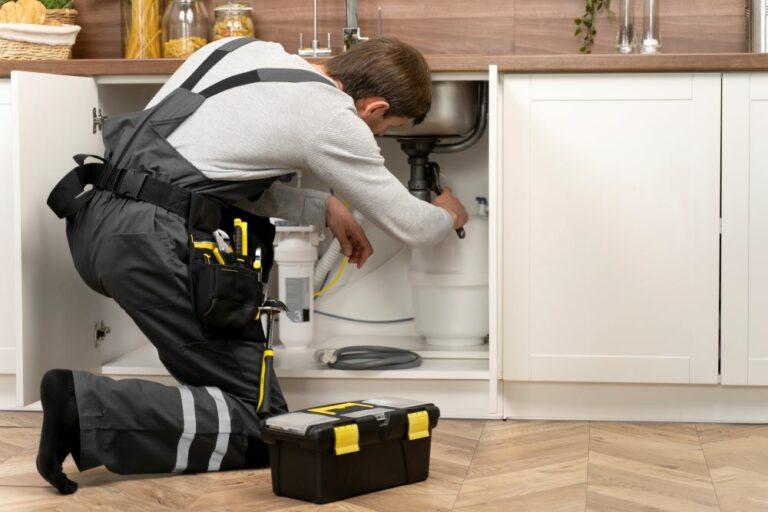Introduction:
A blocked floor drain in the basement can lead to unwelcome issues, from foul odors to potential flooding. Knowing how to safely clear a blocked floor drain is a valuable skill for homeowners. In this guide, we'll walk you through the steps to effectively and safely clear a blocked floor drain in your basement, with insights into when to seek professional assistance from drain cleaning companies.
Assessing the Situation:
- Identify the Cause of Blockage:
- Why: Determine the cause of the blockage. Common culprits include debris, dirt, soap scum, or even tree roots invading the drain.
- Check for Standing Water:
- Why: If there's standing water around the floor drain, this indicates a blockage. Take note of the water level and any signs of slow drainage.
DIY Methods for Clearing Blockages:
- Plung
- Why: Start with a plunger. Create a tight seal over the drain and use vigorous up-and-down movements to dislodge the blockage.
- Boiling Water:
- Why: Pouring boiling water down the drain can help dissolve grease and soap scum. This is particularly effective for minor blockages.
- Baking Soda and Vinegar:
- Why: Combine baking soda and vinegar, pour the mixture down the drain, and let it sit for at least 30 minutes. Follow up with hot water to help clear the blockage.
- Plumbing Snake or Auger:
- Why: A plumbing snake or auger can reach deeper blockages. Insert the tool into the drain and rotate or push it to break up and remove the obstruction.
Safety Precautions:
- Protective Gear:
- Why: Wear protective gear, including gloves and safety goggles, to shield yourself from debris and potential splashes.
- Ventilation:
- Why: Ensure proper ventilation in the basement area to disperse any unpleasant odors that may arise during the process.
When to Seek Professional Help:
- Persistent Blockages:
- Why: If DIY methods don't resolve the issue, or if blockages recur frequently, it's time to consult drain cleaning companies for a professional assessment.
- Foul Odors Persist:
- Why: Lingering foul odors despite attempts to clear the blockage may indicate a deeper problem that requires professional attention.
- Flooding or Sewage Backup:
- Why: If the blocked floor drain has led to flooding or sewage backup, immediate professional assistance is crucial to prevent extensive damage and ensure safe cleanup.
Engaging Drain Cleaning Companies:
- Advanced Inspection Techniques
- Why: Drain cleaning companies utilize advanced tools like drain cameras to conduct thorough inspections, identifying the cause and location of blockages.
- Hydro Jetting Services:
- Why: For stubborn blockages, drain cleaning companies may employ hydro jetting—a high-pressure water jet system that clears blockages and cleans the drainpipe thoroughly.
- Professional Expertise:
- Why: Drain cleaning professionals have the expertise to handle complex blockages and ensure that the drain system is restored to optimal functionality.
- Preventive Maintenance Plans:
- Why: Many drain cleaning companies offer preventive maintenance plans that include scheduled inspections and cleanings to avoid future blockages.
Conclusion:
Clearing a blocked floor drain in your basement is a task that homeowners can often tackle with DIY methods. However, recognizing when to seek professional assistance from drain cleaning companies is crucial for addressing persistent issues, preventing damage, and ensuring the long-term health of your drainage system. By combining DIY efforts with professional expertise, you can effectively clear blockages, maintain a functional floor drain, and safeguard your basement from potential water damage.
